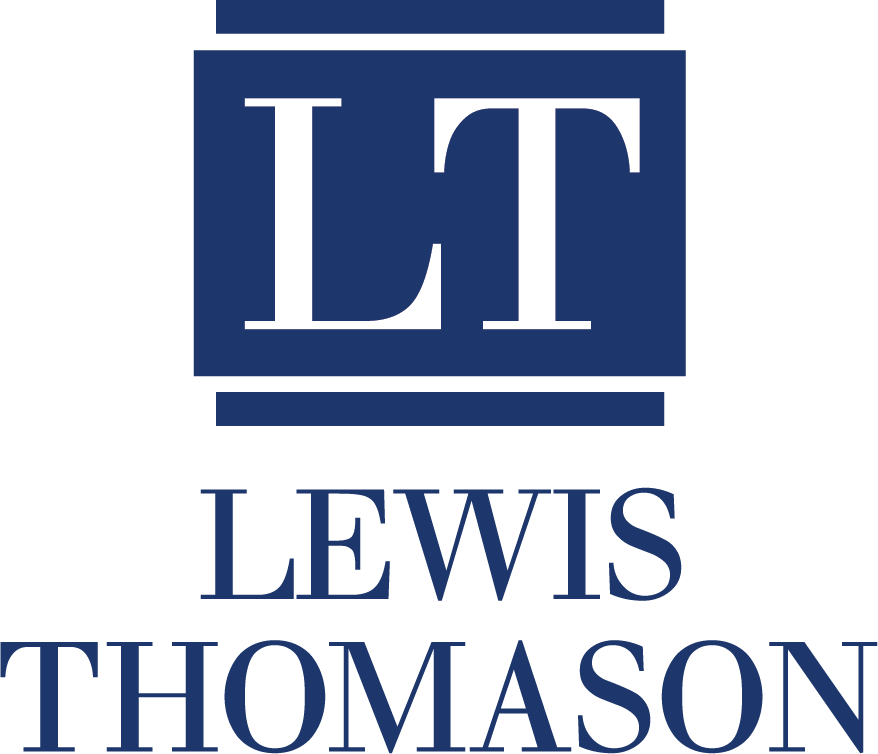This article was in the Tennessee Bar Association’s Business Law Section on October 26, 2022
While every family has likely had its share of spats, when those tiffs involve once-successful businesses and spill into court, those disputes can become complex, costly and very public.
In the recent Tennessee Court of Appeals opinion of Meadows v. Story, No. M2020-00886-COA-R3-CV (Sept. 29, 2022) the facts involved are more illustrative than the legal issues. From a business organization perspective, the narrative was a common one for many family-owned, family-run businesses. The father started a business in the 1960s as a sole proprietorship. About 25 years later, the business became a partnership when the son became a 50/50 owner. The business grew and eventually focused on primarily providing excavating services. Approximately 50 years after the business was founded, it converted into a member-managed limited liability company, with the father and son each holding a 50% membership interest with equal governance rights.
Another all-too-common small business narrative was a significant factor in the case. Like many other small businesses, perhaps particularly those owned between and among family members, record-keeping and recognition of corporate separateness could be described as casual. For example, another business owned by the son used equipment owned by the excavating business, and the son’s business was not billed for use of the equipment. More problematic in the litigation were hundreds of personal property items, none of which were apparently used in operating the business. These items included antique automobiles, automotive paraphernalia and memorabilia, and pieces of heavy farm equipment. Evidence was presented that some of these items were purchased on the excavating company’s checks, while other items were purchased using the son’s company’s checks, while yet other items were purchased with cash.
Unfortunately, the personal relationship between the father and son deteriorated and eventually, the father filed a complaint for judicial dissolution of the LLC given that it had become not reasonably practicable for the company to continue its business. The son agreed in a counterclaim he filed. Notably, the father filed a separate lawsuit to dissolve the son’s business and distribute the father’s putative interest on a theory of implied partnership. That lawsuit (which is the subject of a separate appellate opinion that, among other things, reversed summary judgment in the son’s favor on the implied partnership claim) revealed further intertwinement among family members and the various business entities, including evidence of personal guarantees by both parents of loans for the son’s business, real property owned by the father and mother used as collateral for loans taken out by the son’s business, and evidence presented that the father did not have a personal bank account, with all living expenses paid directly from the excavating company.
Although the parties agreed on the excavation business’ dissolution, contention surrounded other issues involved. While the appellate court addressed other issues including the relevancy of the father’s lawsuit seeking dissolution of the son’s business and attorney-client privilege questions, substantively, the primary issues pertained to ownership of hundreds of items of personal property, and the values of the respective capital accounts of the father and son in the excavation company.
The trial court appointed a receiver to sort out ownership of the personal property items. The task was complicated and impeded by the lack of business records and other documentation evidencing ownership. Instead, the receiver considered “cancelled checks, car competition entry forms, open titles, photographs and an appraisal form” as well as “vehicle information, frame and engine block numbers . . . [and] what prizes from car competitions showed about ownership.” Resolution of the respective value of the capital accounts was likewise challenging. The appellate court affirmed the trial court’s denial of the defendants’ request to conduct an accounting because the defendants had access to relevant records. (Before the trial was held, the father passed away. Representatives of his estate and trustees of a trust to which the father had bequeathed all his property had been substituted as defendants.) At the bench trial, the trial court seemed to exclusively rely on the company’s tax returns for determining the capital account values, noting they were the “best evidence.” Notably, the appellate court also stated that, despite the equal ownership between the members memorialized in the operating agreement, “there must be evidence to support what an operating agreement states about members’ capital contributions.” Contrary to the terms of the operating agreement, the evidence indicated that the father and son did not contribute equal amounts to the company.
This case provides a practical illustration of the need for the proper recognition of separateness between owners and their businesses, which includes adequate record-keeping for each legal entity. In many instances, common ownership and management of related companies, particularly when those owners and managers are from the same family, can lure businesses into a sense of complacency on a day-to-day or even year-to-year basis when it comes to observing formalities and record-keeping. As this case demonstrates, years or even decades of such practices can make an orderly dissolution and winding up complex, contentious and nearly impossible, not to mention the heightened personal and emotional aspects when family members are involved. The sale of such a business does not completely alleviate the problem, as valuation of the entity and the individual ownership interests still must be determined as part of such a transaction. Cases such as this are unfortunate but insightful retrospective lessons for small businesses and their owners—along with accountants and counsel for those owners and businesses—of the importance of keeping the personal financial matters of individual owners separate from the business matters of legal entities they own.




